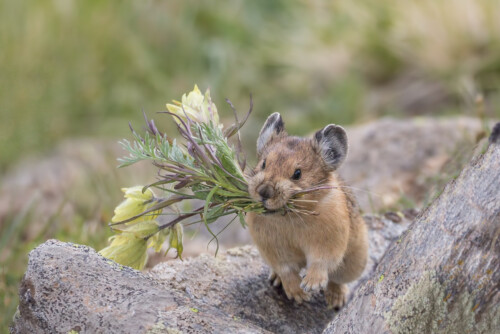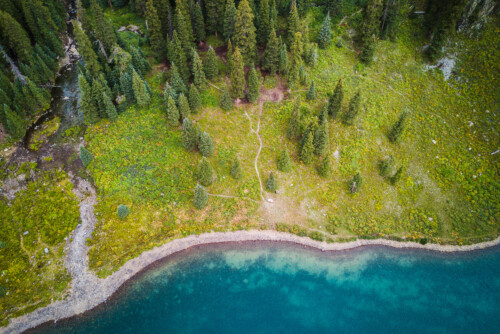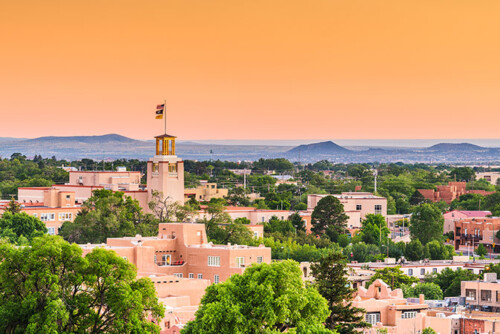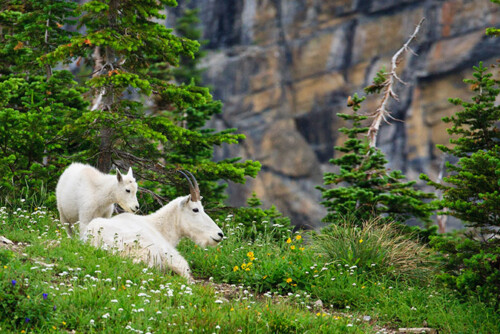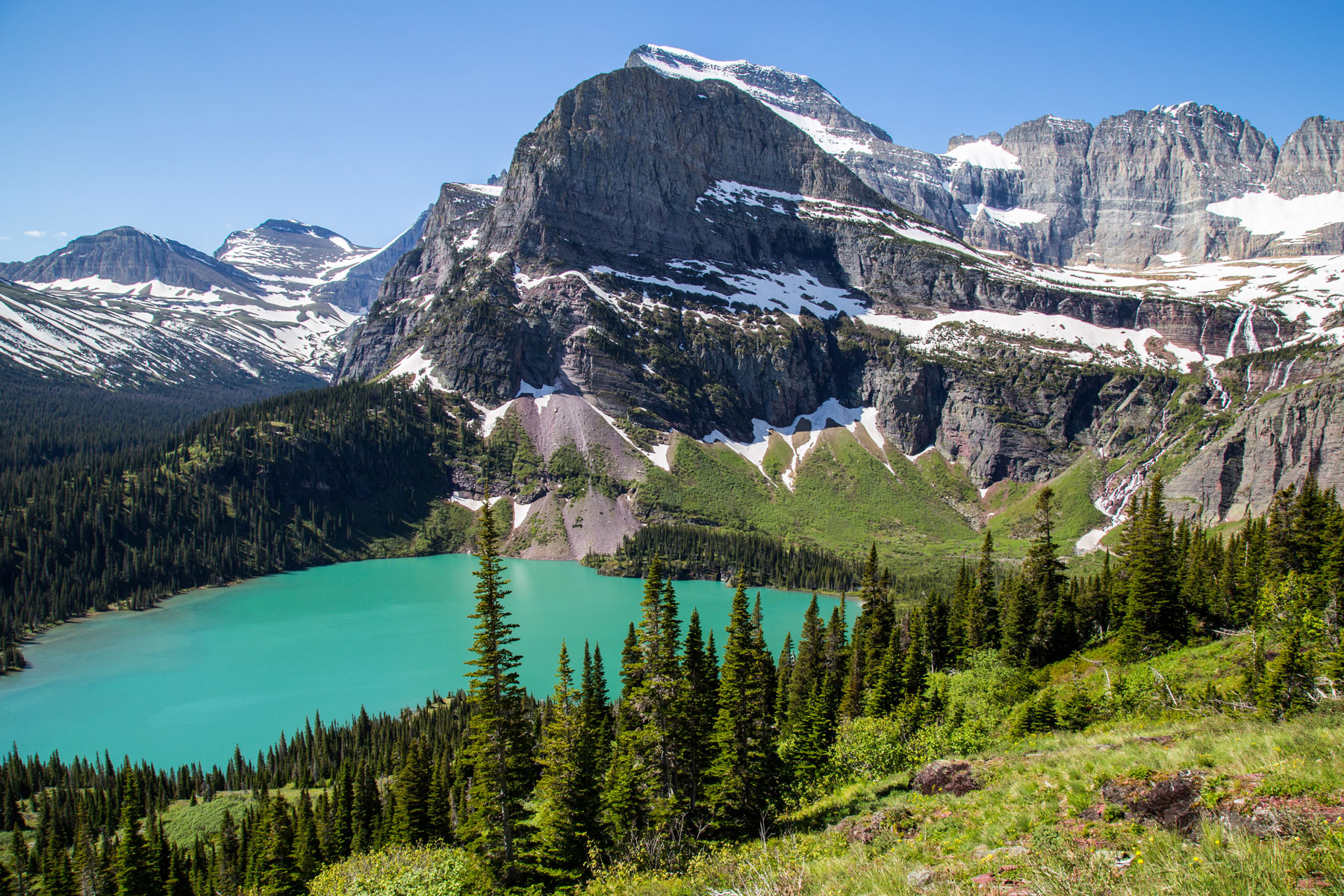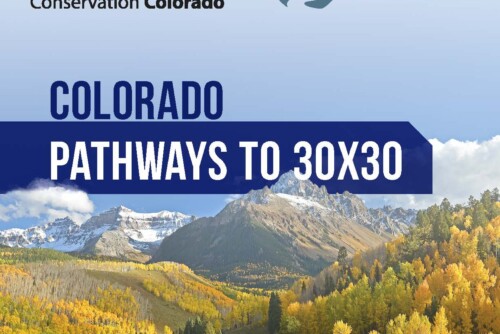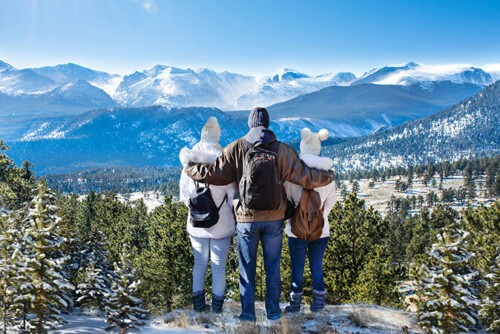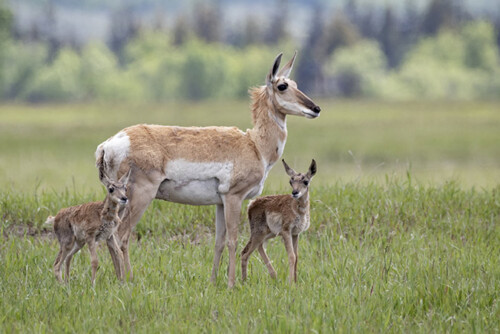
Why is access to nature important?
Watch the sunrise from atop a 14er, hike through the fall leaves, raft along white-capped rapids with friends, or relax in the cool grass of a local park. Across the West, getting outside to enjoy our abundant natural landscapes is often thought of as one of the greatest benefits of calling this region home.
Getting outside benefits both mental health and educational outcomes: Studies consistently find that children who spend time outdoors in natural environments experience improved health and cognitive functions, reduced stress, and enhanced social skills. Students from low-income backgrounds, especially, tend to perform better on standardized tests, demonstrate more enthusiasm toward school, and have fewer attendance problems when they spend more time outdoors. However, these children from underrepresented groups often encounter multiple barriers to the outdoors, such as general access and proximity to outdoor spaces, comfort and safety in such spaces, and financial limitations for recreational activities and equipment.
Experiencing our wild landscapes and flowing rivers is part of our culture. These places fuel a booming outdoor recreation economy throughout the West and are a valuable asset for communities looking to transition away from extractive industries. Access to nature shouldn’t be a luxury afforded to only the few, but a rightful privilege bestowed to us all.
What drives inequity?
Western states are known for breathtaking landscapes and world-class recreational opportunities; however, there is a proven unequal distribution of access to these outdoor experiences. With current outdoor participation levels reaching record highs, 72% of reported recreators identify as white, while overall participation among communities of color remains stagnant. Compounded by historic systemic inequities that create a legacy of excluding communities of color from outdoor recreation, there is a need to examine state-level outdoor recreation and education programs and funding opportunities to improve participation for historically underrepresented communities.
Spending time outdoors in nature can be healing and is a key advantage of living in the West, yet access to outdoor experiences is not and historically has not been shared equally with low-income and racially and ethnically diverse communities. These communities face real challenges and barriers to access, including physical proximity to green spaces or affordable transportation to reach them, a lack of feeling comfortable and safe in those places, and financial limitations for recreational activities and equipment.
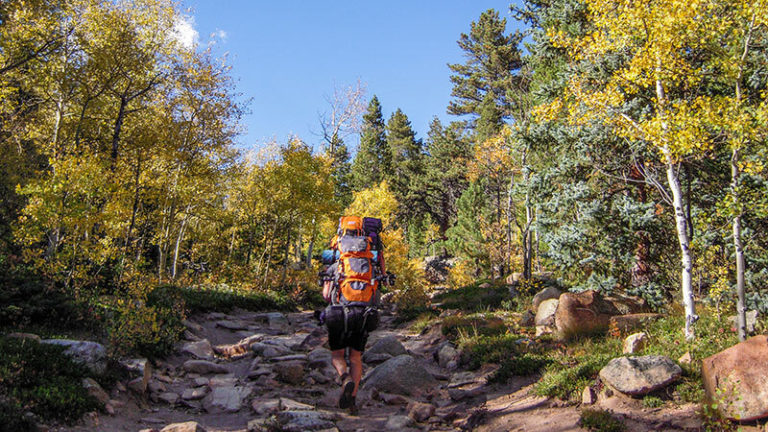
What is WRA doing to advance equitable access?
Over the past two years, WRA developed policy opportunities and launched coalitions in Colorado and New Mexico that resulted in both states committing to create official state plans that will significantly expand protected areas and establish offices of outdoor recreation. The next two years are critical to ensure the outdoor recreation industry positively engages with the conservation community to create strong plans that embody the dual need for improved, diverse outdoor recreation opportunities and expanded natural areas for biodiversity protection and climate resilience.
WRA worked with a coalition of 60+ outdoor advocacy and conservation organizations to secure the establishment and funding of Colorado’s Outdoor Equity Grant Program, additional appropriations for New Mexico’s Outdoor Equity Grant Program, and helped lay the groundwork for a national outdoor equity grant program – all important steps toward removing barriers to outdoor access and educational opportunities for underserved populations. And in 2023, WRA successfully advocated for an appropriation of $500,000 for the Nevada Outdoor Education and Recreation Grant Program – the only funding it has ever received since its establishment in 2019. This program provides opportunities for underserved students across Nevada to experience the outdoors with the goals of improving academic achievements and personal wellness and inspiring an appreciation of nature.
WRA is committed to working toward a future where all our youth and communities across the West, regardless of their income, zip code, or historic inequities, have opportunities to experience the incomparable natural beauty of our region. We are breaking down the barriers that stand between people and the lands and waters our region is known for so that they can be enjoyed equally by all.
